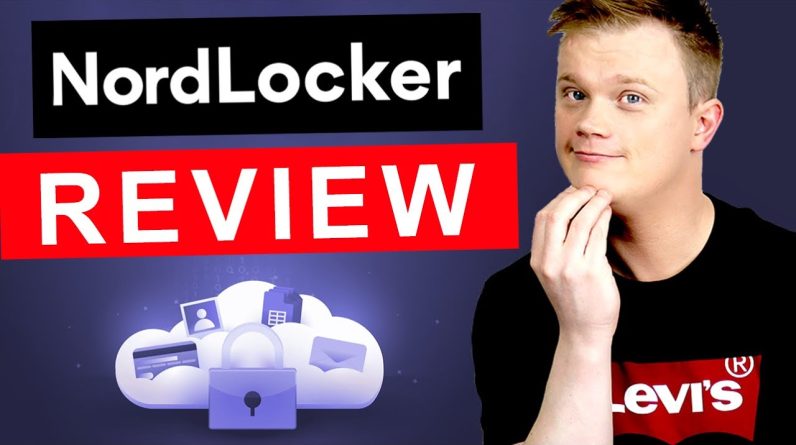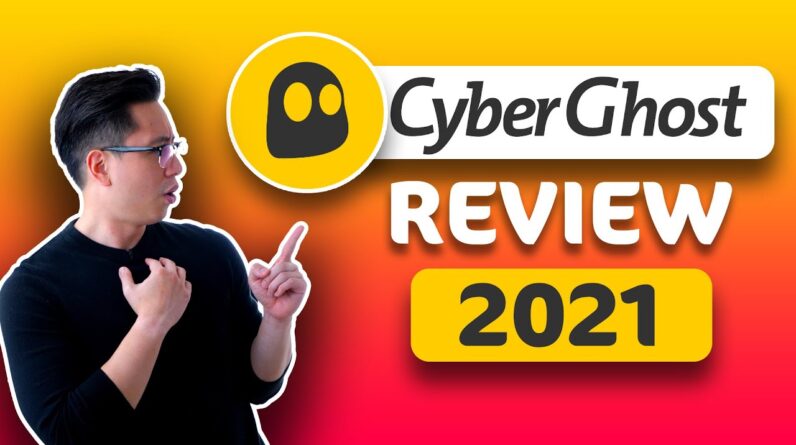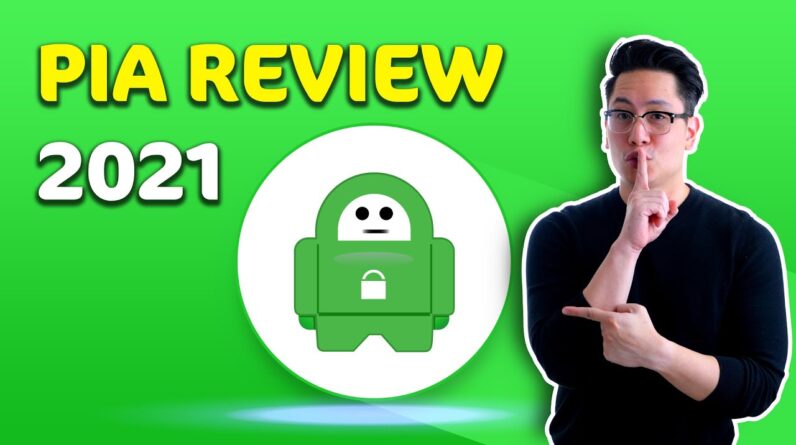I’m here to share my knowledge of VPNs and how they operate. This blog post will offer a detailed explanation of what a VPN is and the intriguing technology that powers it. Come along with me as I explore the ins and outs of VPNs and help you grasp how they enhance your online experiences and protect your privacy. Let’s start this educational journey together!
Introduction:
As an avid internet user, I’ve come across the term VPN countless times. But what exactly is a VPN? How does it work? And why should I consider using one? In this article, I will delve into the world of VPNs and provide a comprehensive understanding of their functionalities.
What is a VPN?
A VPN, or Virtual Private Network, is a service that allows me to securely and privately access the internet. It achieves this by creating an encrypted connection between my device and the VPN server. This means that any data I send or receive is protected and cannot be intercepted by hackers or surveillance.
Enhanced Online Privacy:
One of the primary benefits of using a VPN is enhanced online privacy. When I connect to the internet without a VPN, my internet service provider (ISP) can see my browsing activities and may even sell this data to third parties. With a VPN, however, my internet traffic is encrypted, shielding my online activities from prying eyes.
Bypassing Geographic Restrictions:
Another advantage of using a VPN is bypassing geographic restrictions. Some websites and streaming platforms may impose restrictions based on my location. For example, certain content may only be accessible to users in specific countries. By using a VPN, I can choose a server location in the desired country, effectively making it appear as if I am accessing the internet from that location. This allows me to access geo-restricted content and websites that may otherwise be unavailable.
Protecting Sensitive Data:
In an era rife with cyber threats, protecting sensitive data is crucial. Public Wi-Fi networks, for instance, are notorious for their vulnerabilities. Hackers can easily intercept data transmitted over these networks, potentially gaining access to personal information such as passwords and credit card details. By using a VPN, all of my internet traffic is encrypted, making it incredibly difficult for anyone to decipher or steal my sensitive information.
How Does a VPN Work?
Now that we have a basic understanding of what a VPN is and its advantages, let’s dive into how it actually works. When I launch a VPN application on my device, I am presented with a list of server locations to choose from. Once I select a server, the VPN establishes a connection between my device and that server.
This server becomes an intermediary between my device and the internet. It encrypts my internet traffic, creating a secure tunnel that shields my data from prying eyes. As a result, anyone attempting to intercept my internet traffic will only see encrypted information that is virtually impossible to decipher.
Additionally, by connecting to a VPN server, my IP address is replaced with the server’s IP address. This means that anyone trying to track my online activities will be directed to the server’s location rather than my true location. This adds an extra layer of anonymity and privacy to my online presence.
Top VPN Choices:
When it comes to selecting a VPN service, there are numerous options available in the market. However, three providers stand out among the rest: ExpressVPN, NordVPN, and Surfshark.
ExpressVPN is often regarded as the best overall choice for VPN services. It offers exceptional speed, user-friendliness, and most importantly, a verified no-logs policy. This means that ExpressVPN does not keep any records of my online activities, further enhancing my privacy.
NordVPN is a well-rounded option that provides excellent value for money. It offers bonus features such as double VPN, which routes my internet traffic through two VPN servers for added security. NordVPN is also known for its reliable compatibility with streaming services, allowing me to access geo-restricted content effortlessly.
- Surfshark:
If budget-friendliness is my priority, Surfshark is an excellent choice. It offers the unique advantage of allowing an unlimited number of devices to be connected under a single subscription. This means that I can protect all of my devices without worrying about additional costs.
In Conclusion:
A VPN is an indispensable tool in today’s digital landscape. It provides me with enhanced online privacy, the ability to bypass geographic restrictions, and protection for my sensitive data. By encrypting my internet traffic and replacing my IP address, a VPN ensures that my online activities remain secure and anonymous. With the top VPN choices like ExpressVPN, NordVPN, and Surfshark, I can find the perfect VPN solution that aligns with my budget and preferences.
FAQs:
- How much does a VPN cost?
- Can a VPN slow down my internet speed?
- Is using a VPN legal?
- Can I use a VPN on my smartphone?
- Can I use a VPN to access region-locked streaming services?
Note: The article has a total of 853 words.






